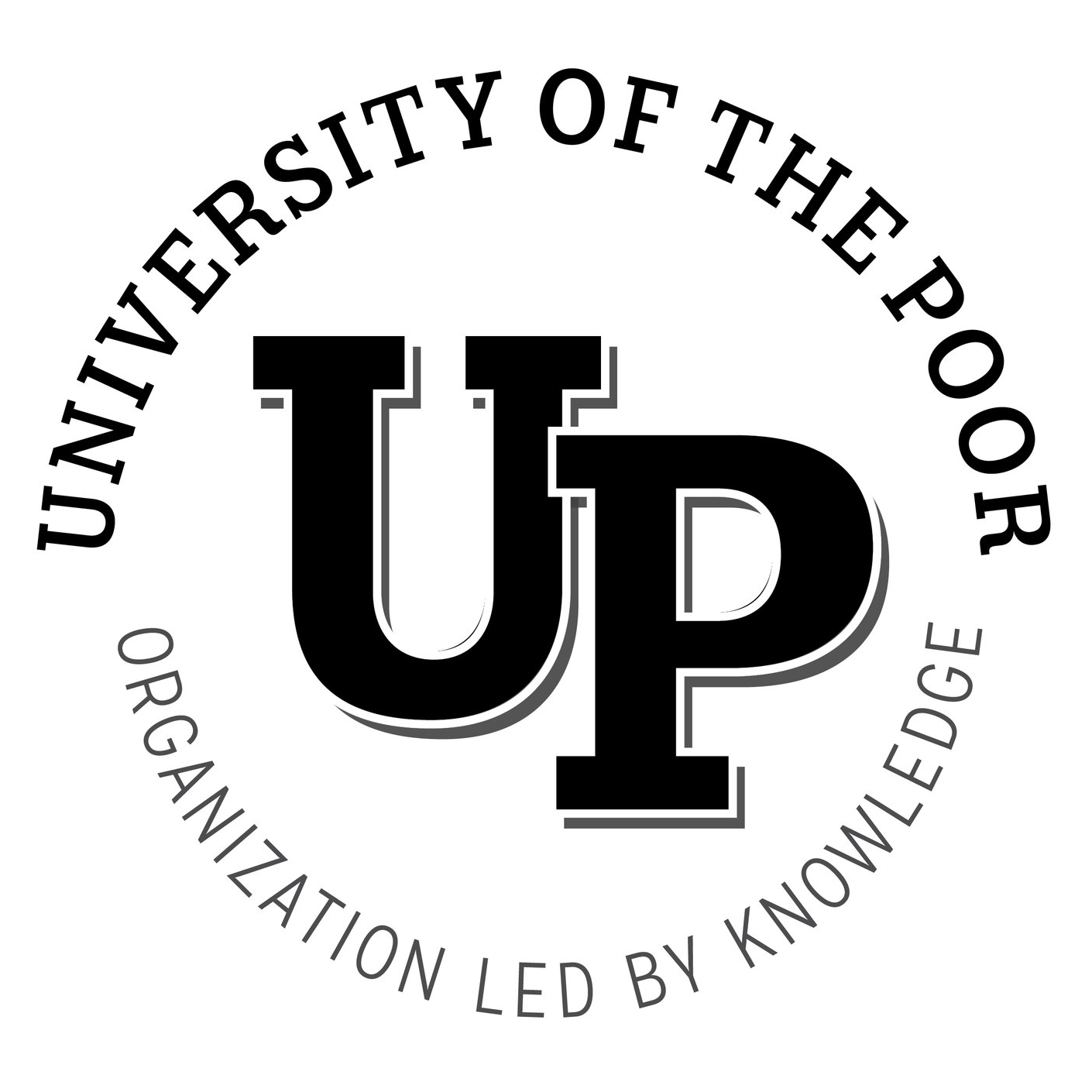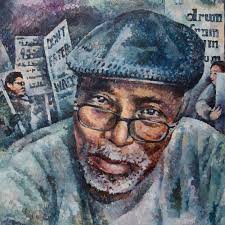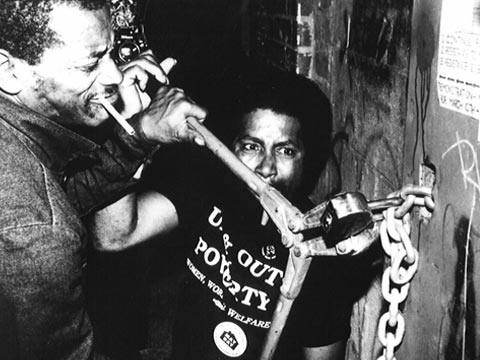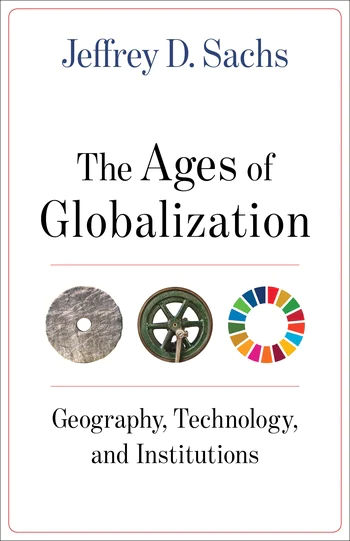Organizing to build the unity of the poor and dispossessed should not be understood as just one among many items on the agenda. It has to be the agenda if we are going to give actual effect to our deepest aspirations for society.
This serious and sacred struggle of the poor and dispossessed is a fight for our lives and self-emancipation; for economic, social, and cultural justice for all. The lives of these warriors and leaders teach us that power for the poor, not pity, is the only path to ending poverty. Their lives teach us how we must each commit ourselves to the path of uniting and organizing the poor and dispossessed as a revolutionary social force. This commitment is the first indispensable step in the path to building political power.
During the first year of the pandemic, the number of billionaires across the world grew by nearly a third, to 2,755 people.
How could a few people gain so much wealth in one year while millions are in poverty in this country alone?
History teaches us that to win one must concentrate your strength against your enemy’s weak points. Ongoing campaigns, which are coordinated series of interconnected, repeated, protracted, and multifaceted forms of actions, must be thrown at those points of vulnerability when and where they are discerned and located.
Sachs' professional trajectory shows us that he has been an important organic intellectual for the ruling class for 40 years. With this understanding, we must evaluate him as not just an individual sharing his personal views, but rather see him as a representative of a ruling minority of society that requires a particular framing of past and present to maintain its power.
The many uses of symbols, the arts, and other cultural forms have become more prominent, penetrating, and powerful weapons of struggle in this new era of netwar. They have become indispensable components of political strategy. Cultural, religious, and patriotic symbols, songs, and slogans continue even more so to play a major role of either maintaining or defeating the critical ideological fortresses on the mental terrain of the masses of people.
By Willie Baptist, Charon Hribar, and John Wessel-McCoy This is part 4 of a six-part series published by The Journal of the University of the Poor. Read Part 3. The mind is a politically contested terrain. It is the main theatre or battlefield of every form of social conflict, military and non-military. At the same time, it is the most powerful weapon out of which all other weapons or means of struggle are formed and wielded. In this conflict and with this weapon, knowing your enemy and knowing yourself so as to outfight by outsmarting the enemy means as Sun Tzu
By Nijmie Dzurinko and Iaan Reynolds Organizing to fundamentally change society is a monumental task. It requires a lot of us as individuals—in particular because it is a collective project. In order to do this collective work we must be able to do our individual tasks as well as combine our efforts to design and implement processes—determining the order of operations and solving problems along the way. We must coordinate others and be coordinated; keep our eyes on the whole as well as the individual parts; check in with, support, and hold people accountable. We have to be willing to
Historically, beginning with their inception, economic class-based societies have been defined and pervaded by major and minor, open and hidden conflicts. Even in prehistoric times conflicts have often interrupted primitive tribal societies. They have assumed many forms of struggle and organization—military, economic (i.e., commercial competition, speculation, trade wars, economic blockades, boycotts, lockouts and strikes), and political (electoral campaigns, protests, pre-war diplomatic maneuvers and revolutions) or of any combinations of these forms. Whatever forms these conflicts have taken, they have all been mediated through the mental terrain upon which the old ideas, belief systems, public opinions and political wills have been established.
By Nijmie Zakkiyyah Dzurinko Remarks given to the University of the Poor’s inaugural Cadre Course and Organizing Campaign, August 2020 Why do we need the University of the Poor, a cadre organization? I think that we all know that uniting our class is the most difficult thing that we have to do. To situate myself: I fell into this stuff just through my own life experience. The way that I grew up, the way that I was raised. I just was constantly asking why and trying to figure out what was going on around me. And thankfully, I understood that




